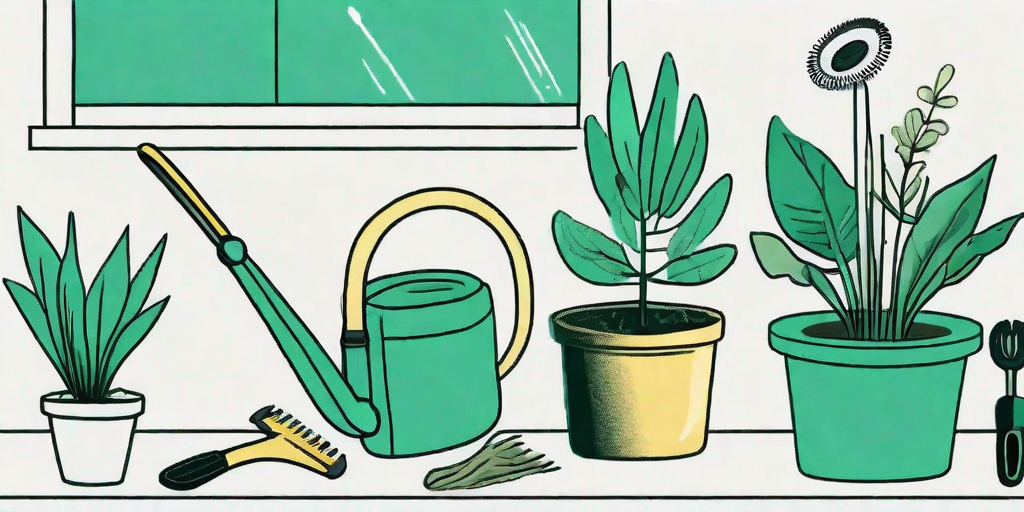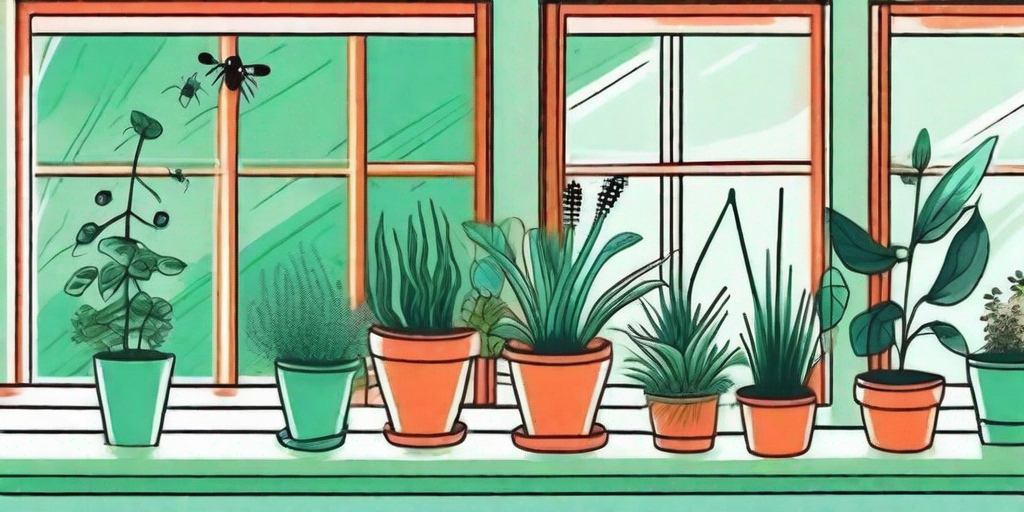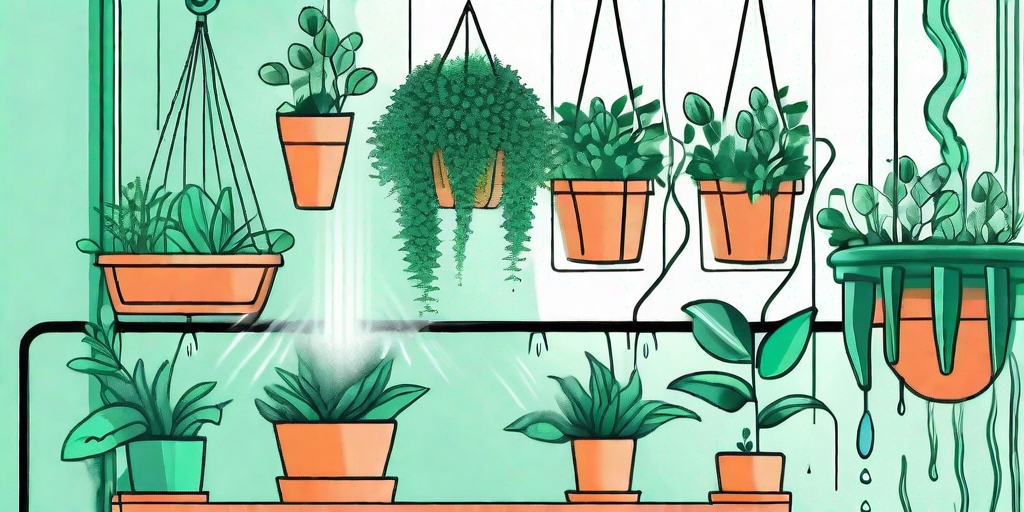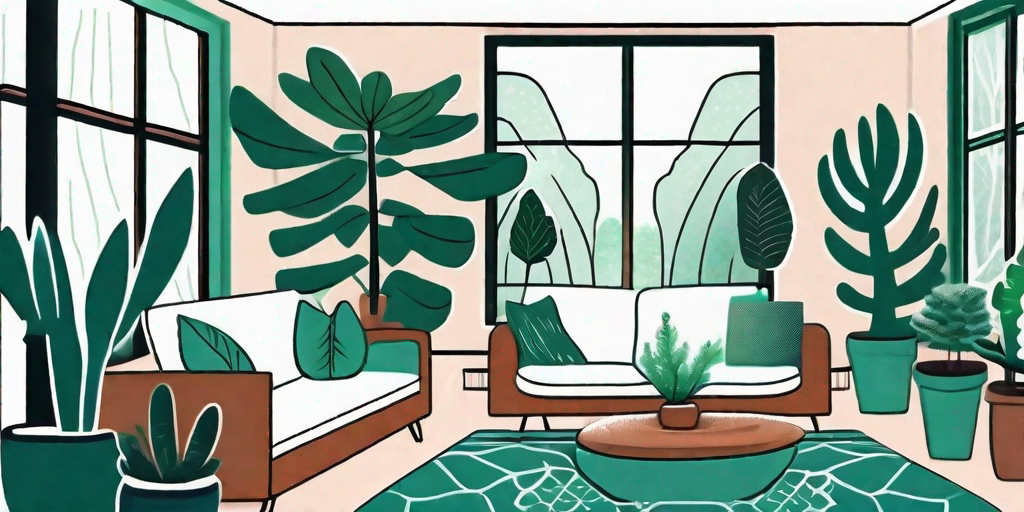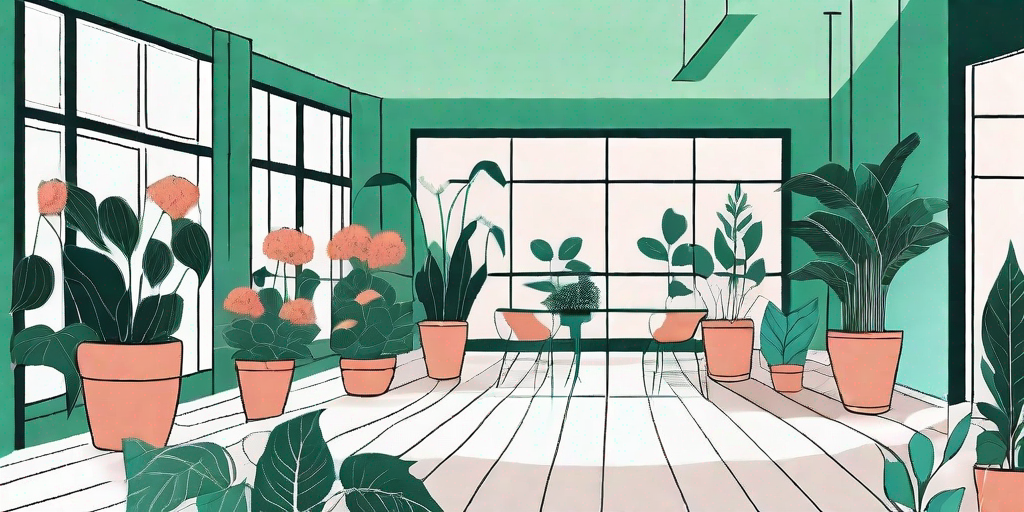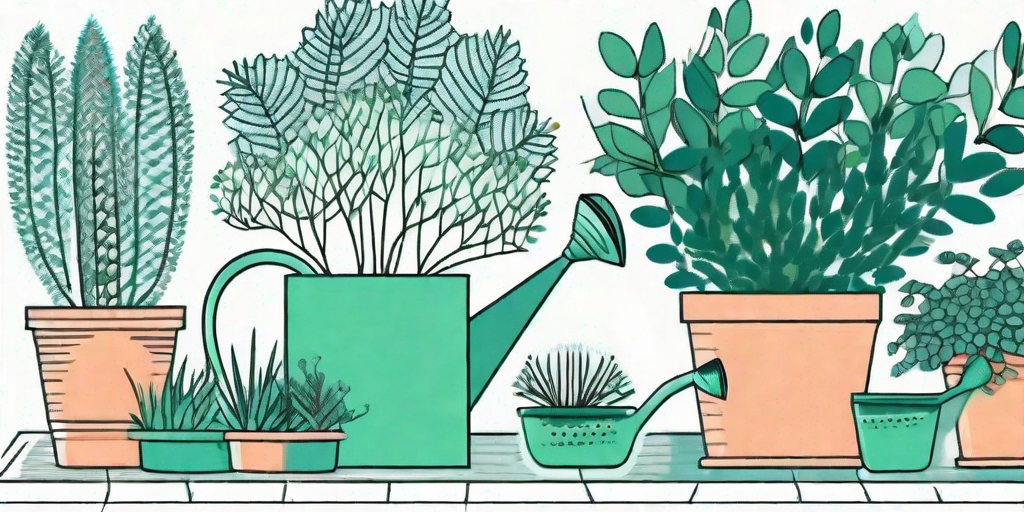
Welcome to the world of botany, where the grass is always greener, and the plants are always... well, sometimes they're not so green. Sometimes they're yellow, or brown, or spotted, or wilting. But fear not, dear reader, because we're here to help you diagnose your plant problems and find the solutions you need to get your green thumb back in action.
Understanding Your Plant's Needs
Before we dive into the nitty-gritty of plant diagnostics, it's important to understand that plants, like people, have needs. And no, we're not talking about the need for a good Netflix series to binge-watch. We're talking about water, sunlight, soil, and nutrients. Understanding these needs is the first step in diagnosing any plant problems.
So, let's start with water. Plants need water, but not too much. Overwatering is a common mistake among newbie plant parents. It's like feeding your kids candy all day - sure, they'll love it, but it's not exactly healthy. Similarly, underwatering can lead to dehydration. It's a delicate balance, my friends.
The Sunlight Situation
Next up is sunlight. Some plants love basking in the sun all day, while others prefer the cool, shady corners of your home. Knowing your plant's sunlight preferences can help you avoid problems like sunburn or lack of growth.
And let's not forget about soil. Different plants prefer different types of soil. Some like it sandy, others prefer it loamy. And then there are those that like it a bit on the peaty side. It's like the plant version of Goldilocks and the Three Bears, but with soil.
Identifying Common Plant Problems
Now that we've covered the basics of plant needs, let's move on to identifying common plant problems. Because let's face it, even with the best care, plants can still run into issues. It's like they're teenagers or something.
From yellow leaves to drooping stems, we'll cover the most common issues you might encounter in your plant parenting journey. And don't worry, we'll also provide solutions to these problems, so you can get back to being the plant whisperer you were born to be.
Yellow Leaves
Yellow leaves are a common issue in many plants. This can be caused by a variety of factors, including overwatering, lack of nutrients, or too much sunlight. The solution? Adjust your watering schedule, check your plant's nutrient levels, and make sure it's not getting too much sun.
Remember, plants are like people - they don't like to be sunburned. So, if your plant's leaves are turning yellow, it might be time to move it to a shadier spot.
Drooping Stems
Drooping stems can be a sign of underwatering or overwatering. If the soil is too dry, your plant might be thirsty. If it's too wet, you might be drowning your plant. The solution? Check the soil's moisture levels and adjust your watering schedule accordingly.
And remember, it's better to underwater than overwater. Plants can usually recover from a little dehydration, but overwatering can lead to root rot, which is much harder to treat.
FAQs
Now, let's tackle some frequently asked questions about plant problems. Because we know you've got them. And we've got answers.
Why are my plant's leaves turning brown?
Brown leaves can be a sign of several issues, including lack of humidity, overwatering, or a nutrient deficiency. Check your plant's environment and care routine to identify the issue.
Why is my plant not growing?
If your plant is not growing, it might not be getting enough light or nutrients. Make sure your plant is in a well-lit area and check its nutrient levels.
Conclusion
There you have it, folks. A comprehensive guide to diagnosing your plant problems. Remember, the key to healthy plants is understanding their needs and providing the right care. So, keep an eye on your plants, adjust your care routine as needed, and don't be afraid to ask for help if you need it. After all, even the best plant parents need a little help sometimes.
So, go forth and grow. Your plants are counting on you.



